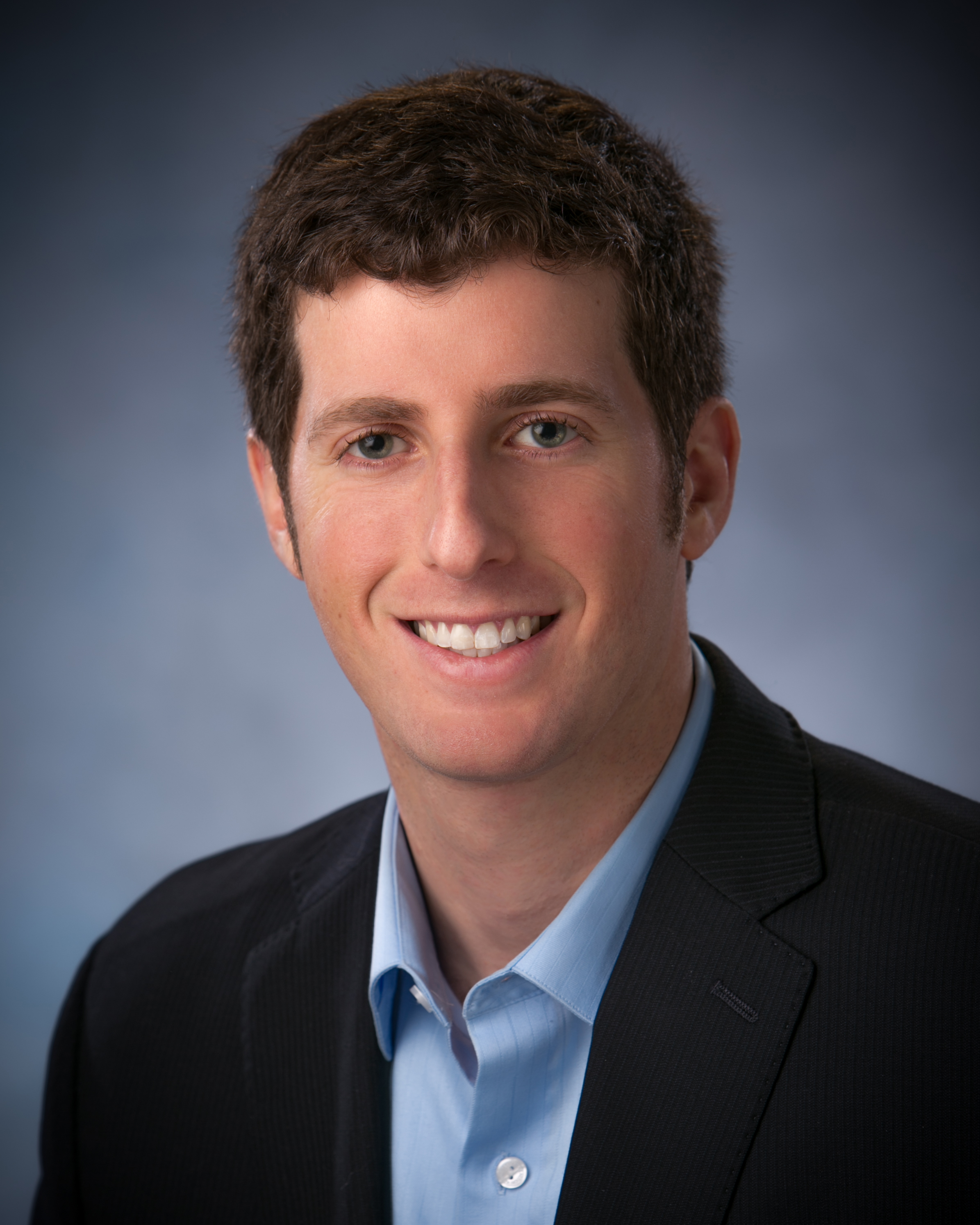Rabbi Dan Horwitz
In Jewish Megatrends, Rabbi Sid Schwarz posits four strategies for reinvigorating Jewish life in America. The Well’s work in Metro Detroit in many ways has been inspired by Schwarz’s strategies, and we’ve found positive impact with each of the four.
Wisdom
Schwarz is right that DIY is all the rage, with millenials craving authenticity, depth, and access to resources. However, for many, access to resources without a guide as to how best to utilize / dive into them is insufficient. This has many feeling self-conscious about whether or not they’re capable of leading experiences (particularly ritual moments). It’s one of the reasons we’ve been very intentional about co-creating with the young adults in Metro Detroit. Their buy-in, efforts and social networks are essential if we’re to be successful. But we’re also intentional about working with them to ensure that the finished product provides the depth and content richness they so desire. Whether by introducing them to various resources, helping to suggest / cultivate partnerships, or utilizing some good old- fashioned, judgement-free coaching, we strive to empower and simultaneously uplift quality.
Framing Jewish wisdom within the broader context of universal wisdom, as Schwarz suggests is right on the money. Our CSI (coffee, study, interpret) learning series does just that (and was designed with intention to do so!). It was selected by the Lippman Kanfer Foundation for Living Torah as a semi-finalist for its inaugural prize for applied Jewish wisdom and has been invested in (twice!) by The Covenant Foundation. Covenant is now helping us pilot the program in three additional cities in calendar 2018. Check out the eJP piece highlighting the model, impact and content we’ve created/utilized, which ties beautifully into Schwarz’s second strategy: Justice.
Justice
Many of our CSI topics have been justice-centric, from the plight of Syrian refugees, to the Flint Water Crises, to LGBTQIA issues, to mass incarceration and more. There’s no question that our justice-centric topics draw crowds that spirituality or strictly culture-centric learning gatherings do not.
It’s easy to look around the country at the communities held up as beacons of the new Jewish ideal (the Jewish Emergent Network in particular) and to see that each of those seven communities are located in big cities (with the exception of the Kavanah Cooperative in Seattle) and are clearly liberal in their construct/orientation.
For those of us in smaller communities in flyover country, the fierce political liberalism that is driving successful Jewish justice movements on the coasts, is unpalatable to many in the donor class, as well as to more conservative-learning young adults. Need justice be a partisan issue? In these extremely partisan times, it feels challenging to push the needle while striving to live up to our organizational mission of being inclusive. Are the Jewish communities of the future inherently exclusive of Republicans? I wonder and I worry…
Community
There’s no question that in today’s hyper, tech-connected age that folks are craving ways to connect with others in person. Just as Judaism has for many centuries been countercultural, so too we have the ability to be relevant by bringing people together, face to face, with regularity. The Well currently has 15-20 shared interest groups that gather monthly – Shabbat dinner groups, Rosh Chodesh circles, giving circles, whiskey groups, and even an Indian lunch buffet exploration group. People are craving the chance to connect with others. Where we come in, is that in some communities, people are hoping others can help weave them together with those they aren’t particularly close with but think they’ll connect with. So many young folks have left Detroit that those who are here (or have come back) don’t necessarily still have their nearest and dearest friends living here, and they’re excited to connect with those who are living locally because they see themselves here long term. There’s a tremendous opportunity to network weave community that we’re intentionally utilizing.
Sacred Purpose
Schwarz argues that people are willing to pay for things they perceive to be of value. We have indeed found this to be true. The Well just had its first forward-facing fundraising campaign and welcomed over 400 unique investors. And yet, the Birthright culture of “free” is a real problem. We’ve been very intentional from the outset to never use the word “free” on any of our promotional materials. The closest we’ve come is: “No cost to attend due to the generosity of donors. Actual cost per person is ____.” Even for those willing to pay, there’s no question that the amount is less than previous generations paid to belong to synagogues, and is nowhere near a sustaining amount.
Schwarz is right that there is a sense of spirituality and a craving to connect with the energy of the world amongst millennials, but they balk at the word (and Biblical construct) of “God.” Traditional prayer is rare – alternative opportunities to connect spiritually are key. And frankly, my personal rabbinic mission is to help people answer the question “Why Be Jewish” and/or “Why Be Part of Jewish Community” absent a belief in God, Covenant or Commandments – because those concepts simply do not resonate with the overwhelming majority of young Jewish or Jewish-adjacent adults. The explanation: “because it’s tradition,” will not suffice. The challenge is that the answer for each individual is going to be deeply personal and it takes time to clarify the terms and the intention.
Conclusion
Schwarz is on the money with his essay, and his four propositions are on point. Wisdom, Justice, Community and Purpose are all areas where The Well has brought intention and found great success with millennials in Metro Detroit. Questions remain as to what the long-term impact of focusing on these four strategies will be, and what it means for the Jewish community when there are many organizations focusing on just one of them as opposed to all of them holistically, as we become ever more accustomed to a “buffet” Judaism that, in the words of Judaism Unbound’s Dan Libenson, is less like an operating system, and more like an app.
___________________________________
Rabbi Dan Horwitz is the founding director The Well, an inclusive young adult Jewish community-building, education and spirituality outreach initiative in metro Detroit recognized by Slingshot as one of the 50 most innovative and impactful Jewish organizations in North America. Committed to lifelong learning, Dan holds a BA, 3 MAs and a JD in addition to rabbinic ordination, is an avid basketball player, violinist and hummus enthusiast.
Is this post useful and interesting? Please consider sharing it with your social networks, and leave a comment below telling us your thoughts!


